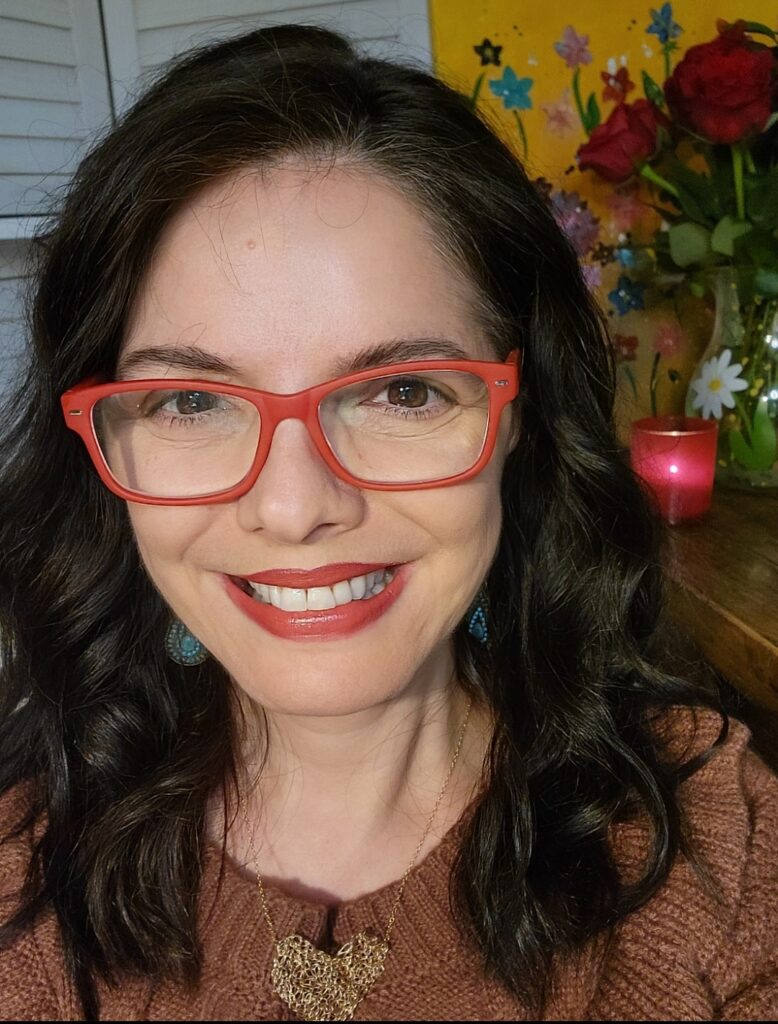If you’re like me, you’ve been in either an abusive or toxic relationship at some point. Perhaps you’re in one now. I’ve heard the terms abusive, and toxic used interchangeably. Our recent guest defines the differences between those terms.
As a Doctor of Psychology and a Licensed Clinical Social Worker, Homeyra Faghihi has over twenty years of experience in providing individual, family and group therapy services.
Homeyra has assisted various populations over the years and helped hundreds of clients with issues such as self-image, shame, anxiety, depression, childhood traumas, adult traumas, military sexual trauma, domestic violence, and difficult family relationships.
Her passion is to educate, coach, and empower clients as they navigate their way through persistent self-doubt and limiting core beliefs.
Facilitating empowerment workshops and providing individual coaching services allows Homeyra to assist clients with learning skills to help them take their power back.

A toxic relationship is one in which one or both partners are mean to each other. Passive-aggressive communication causes lots of drama. One or both partners in a toxic relationship may feel exhausted, drained, misunderstood, and/or resentful.
An abusive relationship is one defined in large part by fear. One partner has more power than the other and will control and manipulate the other. Threats or fear of retaliation, emotional, physical, and sexual violence; even stalking will be present in an abusive relationship.
“If you are in an abusive relationship, GET SUPPORT from people you trust. This support can come from a friend, clergy, or therapist. Get in a safe place such as a domestic violence shelter. Even if you can’t leave in the moment, there are organizations which can help you start planning.”
Homeyra Faghihi
Homeyra offers a free masterclass two times a month called “Say no Without Guilt”. If you’ve left an abusive or toxic relationship, her masterclass will help you focus on ways to advocate for yourself.
Say No Without Guilt is a 75 minute group workshop. The next one is on May 2nd. Many of her clients have said:
“I don’t feel alone anymore”
It can be difficult for those who’ve not been in such relationships to understand why abused partners stay with the one who abuses.

“Why don’t you just leave?”
Homeyra says it is very difficult to get past the shame that is prevalent with trauma. She includes a video on her website that provides reasons they stay:
Stop the Blame. Here are the Reasons you Stayed
Homeyra also offers a 12 week program called Empowerment 4 U. In 90 minutes, each week beginning on May 15th, attendees will focus on these four modules:
Unlearn the lies told about you
Uncover the differences between healthy and unhealthy relationships
Untie yourself from shame and guilt and move toward self-compassion
Upgrade your vision for your future
“If there is a time to work on empowerment it is now. We must feel empowered on the inside and get control of fear.”
Homeyra Faghihi
Find out more at Power To The Self dot com




Quick Links to our Social Media Sites